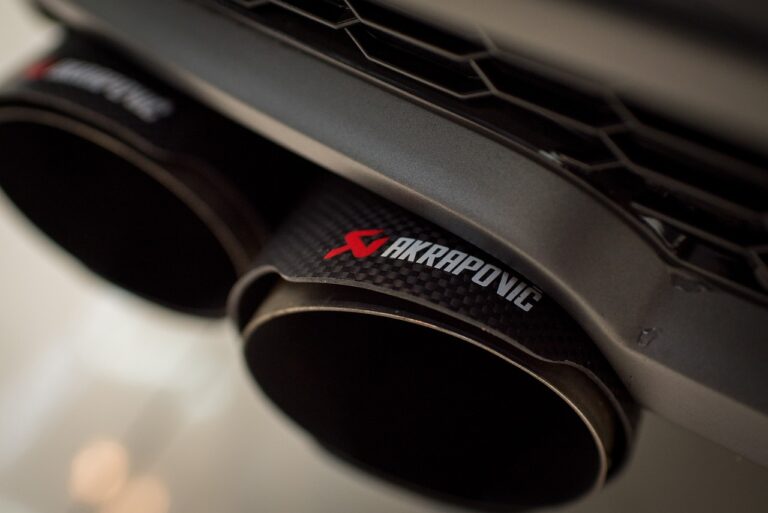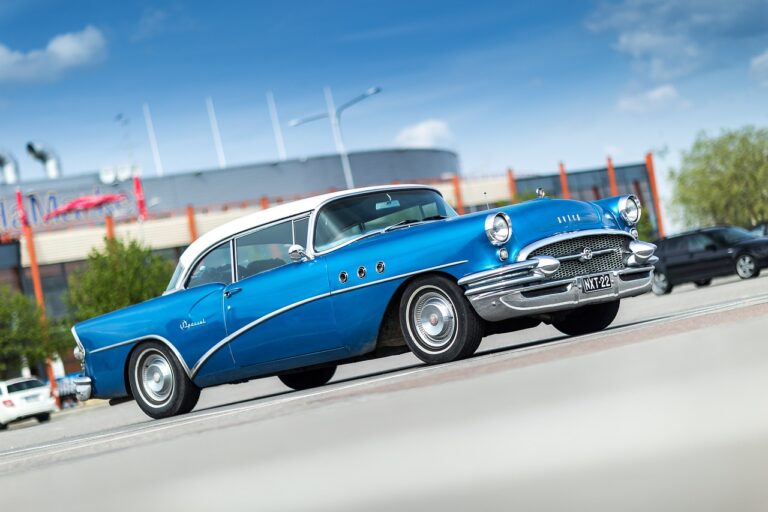The Role of Artificial Intelligence in Hybrid Vehicle Development
all pannel.com, cricket bet99, lotus365 vip login:The Role of Artificial Intelligence in Hybrid Vehicle Development
In recent years, artificial intelligence (AI) has been making waves in various industries, and the automotive sector is no exception. One area where AI is playing a crucial role is in the development of hybrid vehicles. Hybrid vehicles are becoming more popular due to their ability to reduce fuel consumption and emissions, making them an attractive option for environmentally conscious consumers. In this article, we will explore the role that AI is playing in the development of hybrid vehicles and how it is shaping the future of transportation.
Understanding the Basics of Hybrid Vehicles
Before delving into the role of AI in hybrid vehicle development, it is essential to understand the basics of hybrid vehicles. A hybrid vehicle combines two or more different power sources to propel the vehicle, typically a gasoline engine and an electric motor. The combination of these power sources allows hybrid vehicles to achieve better fuel efficiency and lower emissions compared to traditional gasoline-powered vehicles. Hybrid vehicles come in various configurations, such as parallel hybrids, series hybrids, and plug-in hybrids, each with its unique set of advantages and challenges.
AI in Hybrid Vehicle Development
AI is revolutionizing the automotive industry, and hybrid vehicle development is no exception. AI technologies, such as machine learning, computer vision, and natural language processing, are being used to enhance various aspects of hybrid vehicle design and performance. One of the key areas where AI is making a significant impact is in optimizing the hybrid powertrain system.
1. Optimizing Powertrain Performance
The powertrain of a hybrid vehicle is one of the most critical components responsible for the vehicle’s overall performance and efficiency. AI algorithms can analyze vast amounts of data collected from sensors and control systems to optimize the powertrain operation in real-time. By continuously monitoring and adjusting the power distribution between the gasoline engine and the electric motor, AI can maximize fuel efficiency and reduce emissions while maintaining optimal performance.
2. Predictive Maintenance
Another area where AI is playing a crucial role in hybrid vehicle development is predictive maintenance. AI-powered systems can analyze the vehicle’s performance data and detect potential issues before they escalate into major problems. By predicting when components are likely to fail, AI enables proactive maintenance, reducing downtime and repair costs. This predictive maintenance approach not only enhances the reliability and longevity of hybrid vehicles but also improves the overall ownership experience for consumers.
3. Autonomous Driving
The integration of AI-powered autonomous driving technologies is another significant trend shaping the future of hybrid vehicles. Autonomous driving systems rely on AI algorithms to analyze sensor data from cameras, radars, and lidars to navigate the vehicle safely and efficiently. By combining autonomous driving capabilities with hybrid powertrains, automakers can create more intelligent and eco-friendly transportation solutions. Autonomous hybrid vehicles have the potential to revolutionize the way we commute and contribute to reducing traffic congestion and carbon emissions in urban areas.
4. Enhanced Driver Assistance
AI-powered driver assistance systems are becoming increasingly common in modern vehicles, including hybrid models. These systems use AI algorithms to analyze real-time data from various sensors and cameras to provide drivers with advanced safety features and convenience functions. From adaptive cruise control to lane-keeping assist, AI-enabled driver assistance technologies enhance the overall driving experience and help drivers stay safe on the road. In hybrid vehicles, AI can play a crucial role in optimizing the coordination between the gasoline engine and the electric motor to deliver a seamless and responsive driving experience.
5. Virtual Prototyping and Simulation
AI is also revolutionizing the way vehicles are designed and tested through virtual prototyping and simulation. AI algorithms can analyze complex engineering data and simulate different scenarios to evaluate the performance of hybrid vehicle components accurately. By leveraging AI-driven virtual prototyping tools, automakers can accelerate the development process, reduce costs, and improve the overall quality of hybrid vehicles. Virtual prototyping also enables engineers to experiment with new technologies and designs without the need for physical prototypes, leading to more innovative and efficient solutions.
6. Energy Management
Efficient energy management is crucial for maximizing the benefits of hybrid vehicles. AI algorithms can optimize the energy flow between the gasoline engine, electric motor, and battery pack to achieve the best possible fuel economy and performance. By continuously monitoring driving conditions and driver behavior, AI-powered energy management systems can make real-time adjustments to improve efficiency and reduce emissions. Energy management is a key focus area for AI research in hybrid vehicle development, as automakers strive to create more sustainable and eco-friendly transportation solutions.
FAQs
1. How is AI being used in hybrid vehicle development?
AI is being used in various aspects of hybrid vehicle development, such as optimizing powertrain performance, predictive maintenance, autonomous driving, enhanced driver assistance, virtual prototyping, and energy management.
2. What are the benefits of AI in hybrid vehicle development?
The benefits of AI in hybrid vehicle development include improved fuel efficiency, reduced emissions, enhanced performance, predictive maintenance, autonomous driving capabilities, and advanced driver assistance features.
3. How does AI optimize powertrain performance in hybrid vehicles?
AI algorithms analyze data from sensors and control systems to optimize the power distribution between the gasoline engine and the electric motor in real-time, maximizing fuel efficiency and performance.
4. What role does AI play in predictive maintenance for hybrid vehicles?
AI-powered systems analyze performance data to detect potential issues before they escalate, enabling proactive maintenance to reduce downtime and repair costs.
5. How is AI enhancing the development of autonomous hybrid vehicles?
AI-powered autonomous driving systems use sensor data to navigate vehicles safely and efficiently, combining autonomous driving capabilities with hybrid powertrains for more intelligent and eco-friendly transportation solutions.
6. How is AI improving energy management in hybrid vehicles?
AI algorithms optimize the energy flow between the gasoline engine, electric motor, and battery pack to achieve the best fuel economy and performance, making real-time adjustments based on driving conditions and driver behavior.
In conclusion, AI is playing a significant role in shaping the future of hybrid vehicle development. From optimizing powertrain performance to enabling autonomous driving capabilities, AI technologies are enhancing the efficiency, performance, and sustainability of hybrid vehicles. As automakers continue to innovate and leverage AI-driven solutions, we can expect to see more advanced and intelligent hybrid vehicles on the roads, contributing to a greener and more sustainable future of transportation.







